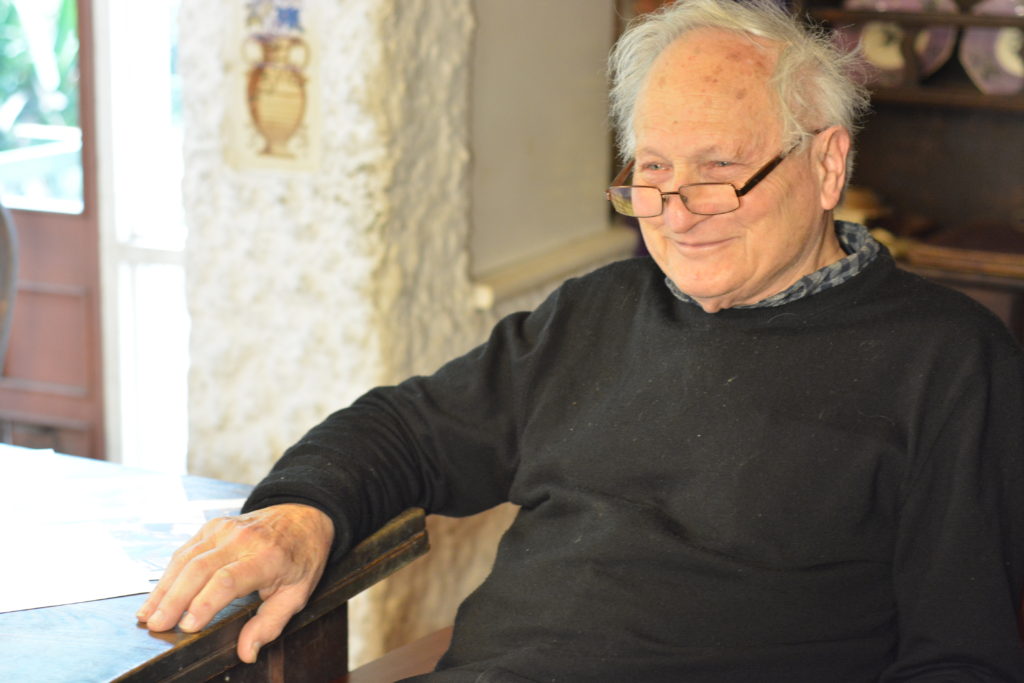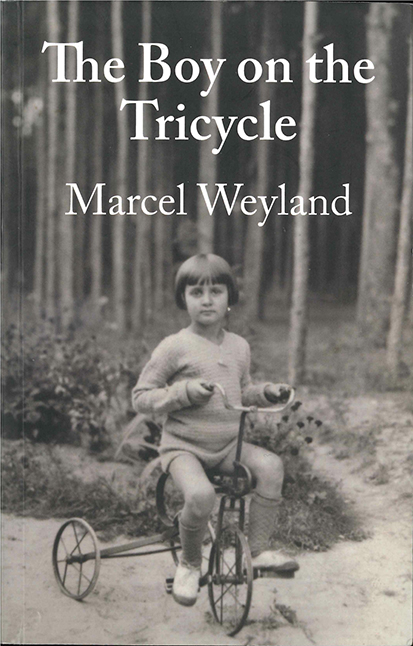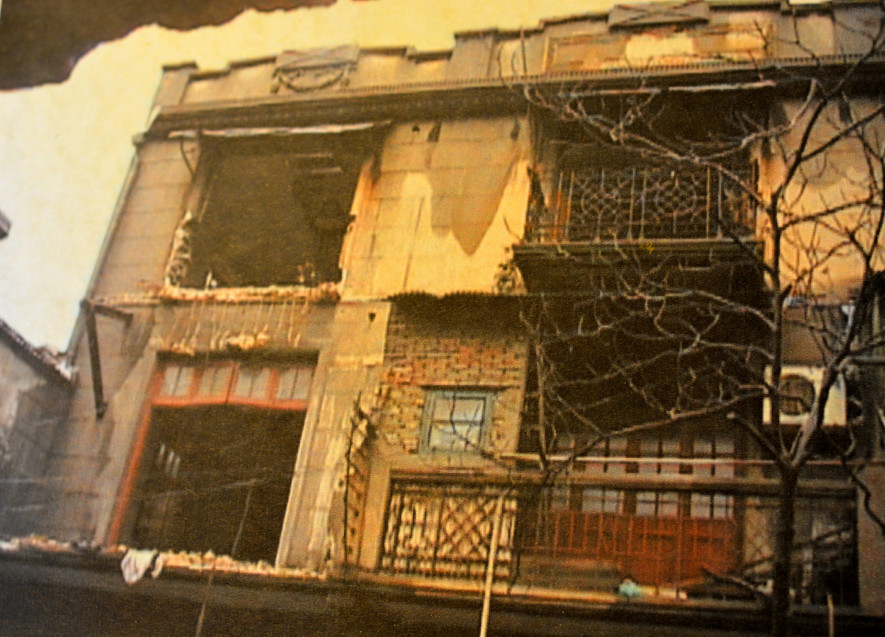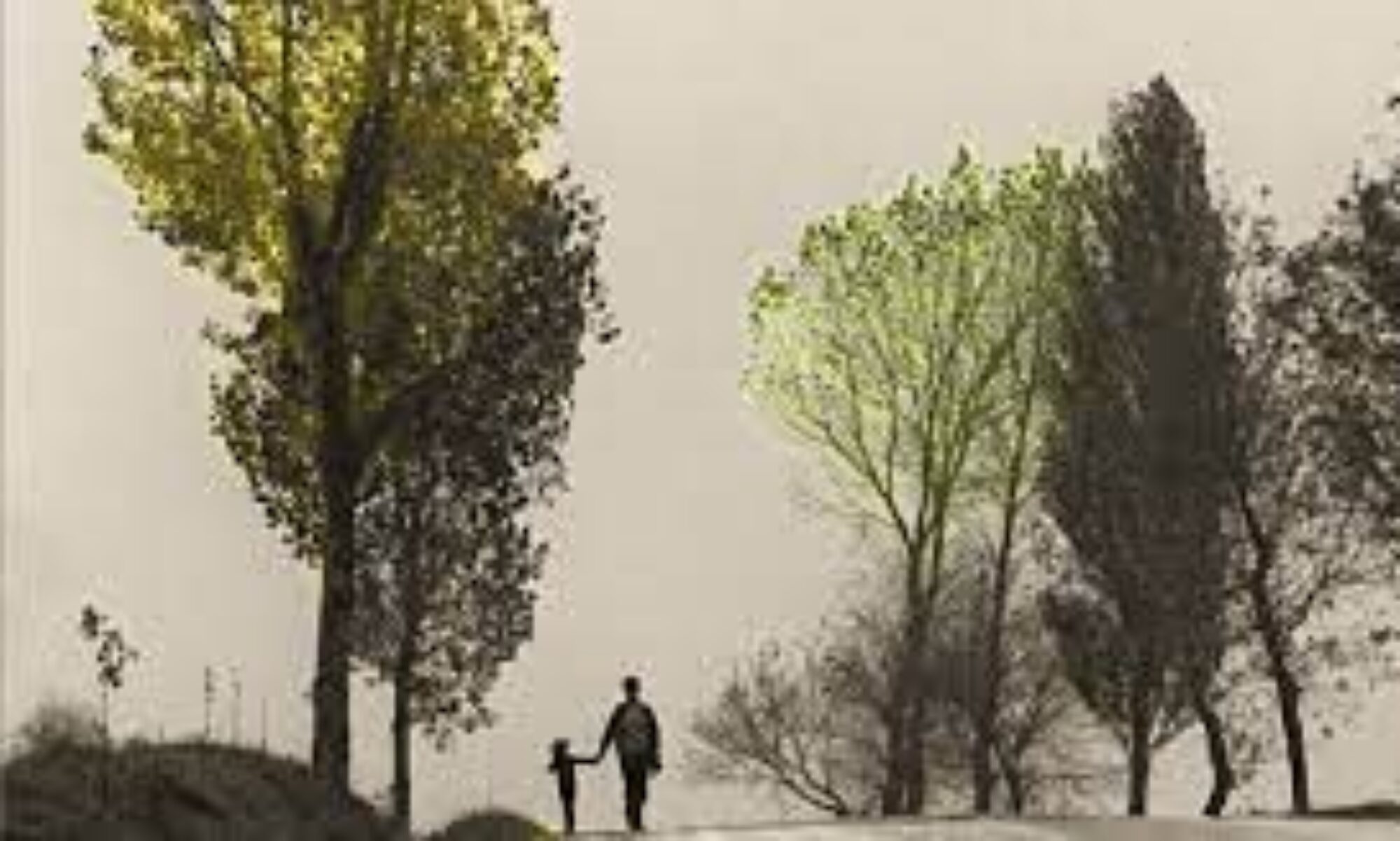
Japan turned out to be a peaceful interlude in our wanderings. An overnight uneventful Japanese steamer delivered us from Vladivostok to the port of Tsuruga on the west coast of Japan. It was not only a crossing from one country to another close by, but seemed a transition from one season and one world to another, from a brutal winter to a lovely spring -suddenly, cherry blossoms, pretty doll-like girls in floral kimonos.
From “The Boy on the Tricycle” written by Marcel Weyland, a younger brother of Maria.

Marcel Weyland, a younger brother of Maria, was born in 1927. He has had a longstanding career as an Architect and English translator of Polish poetry. Marcel was only a twelve-year-old boy when Nazi persecution forced his family to flee their home in the summer of 1939. Marcel moved from Vilnius to Kobe and Shanghai, but he intently studied in each place. His father’s Polish name Michal Wejland and the registration number 861 are seen in the list of “Sugihara Visas”, and Marcel admires Chiune Sugihara as “a hero of our life”. His autobiography “The Boy on the Tricycle”, which has not yet been published in Japanese, was launched by Brandl & Schlesinger in 2016. The book describes some situations of Japan just before the war against the U.S. It details his memories of Shanghai, where he found asylum in wartime. Marcel’s nephew, Andrew Jakubowicz, a professor at University of Technology, Sydney, contributed an article to Marcel’s autobiography. Andrew says that “Marcel Weyland hewed his path through some of the most important moments of world history”.

The house where the Weyland-Jakubowiczes lived in the ‘Designated Area for Stateless Refugees’ of Shanghai (photographed by Andrew Jakubowicz, in 2000, the day before its demolition) .
This site is supported by JSPS KAKENHI Grant Number 17K02041 / 18KK0031.
